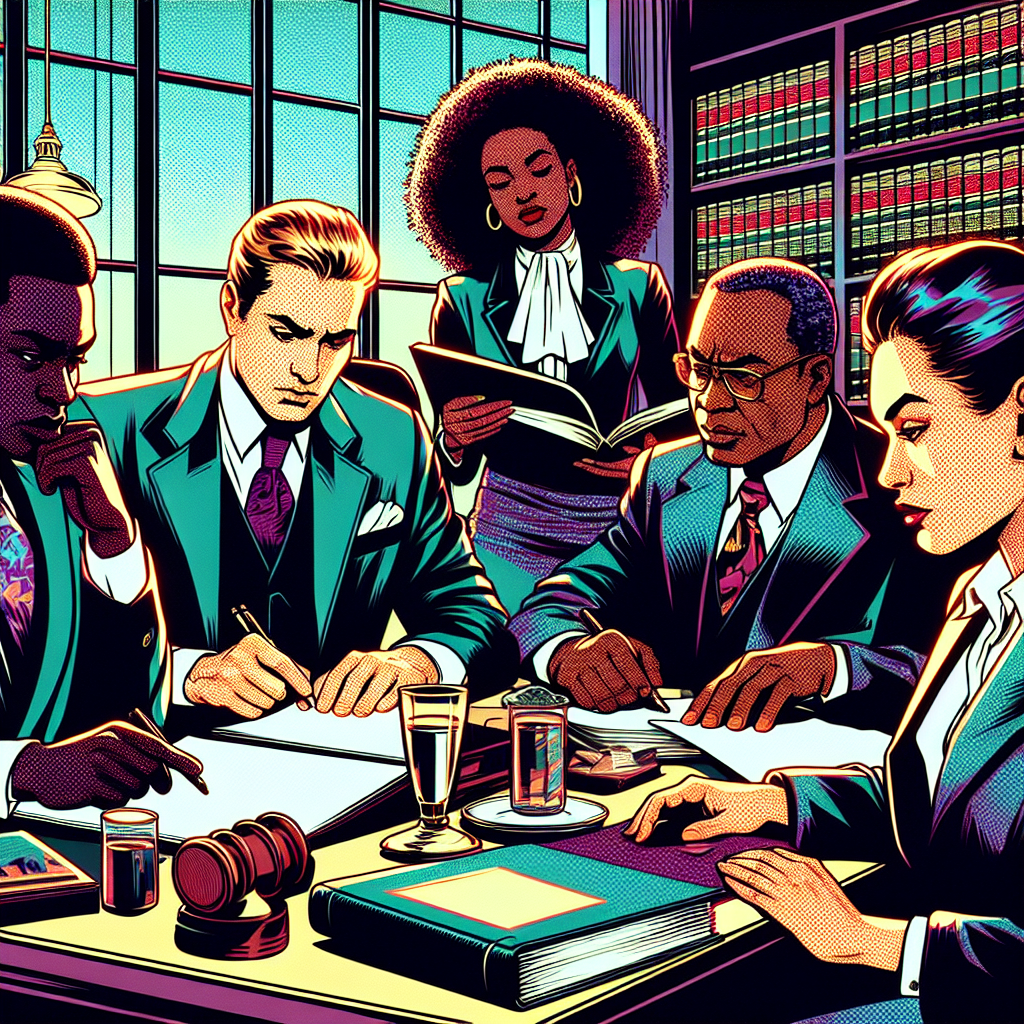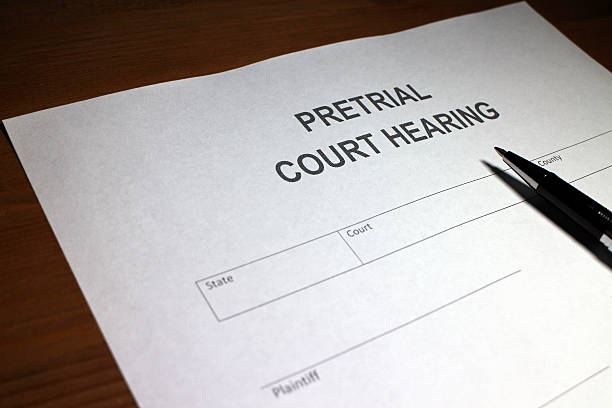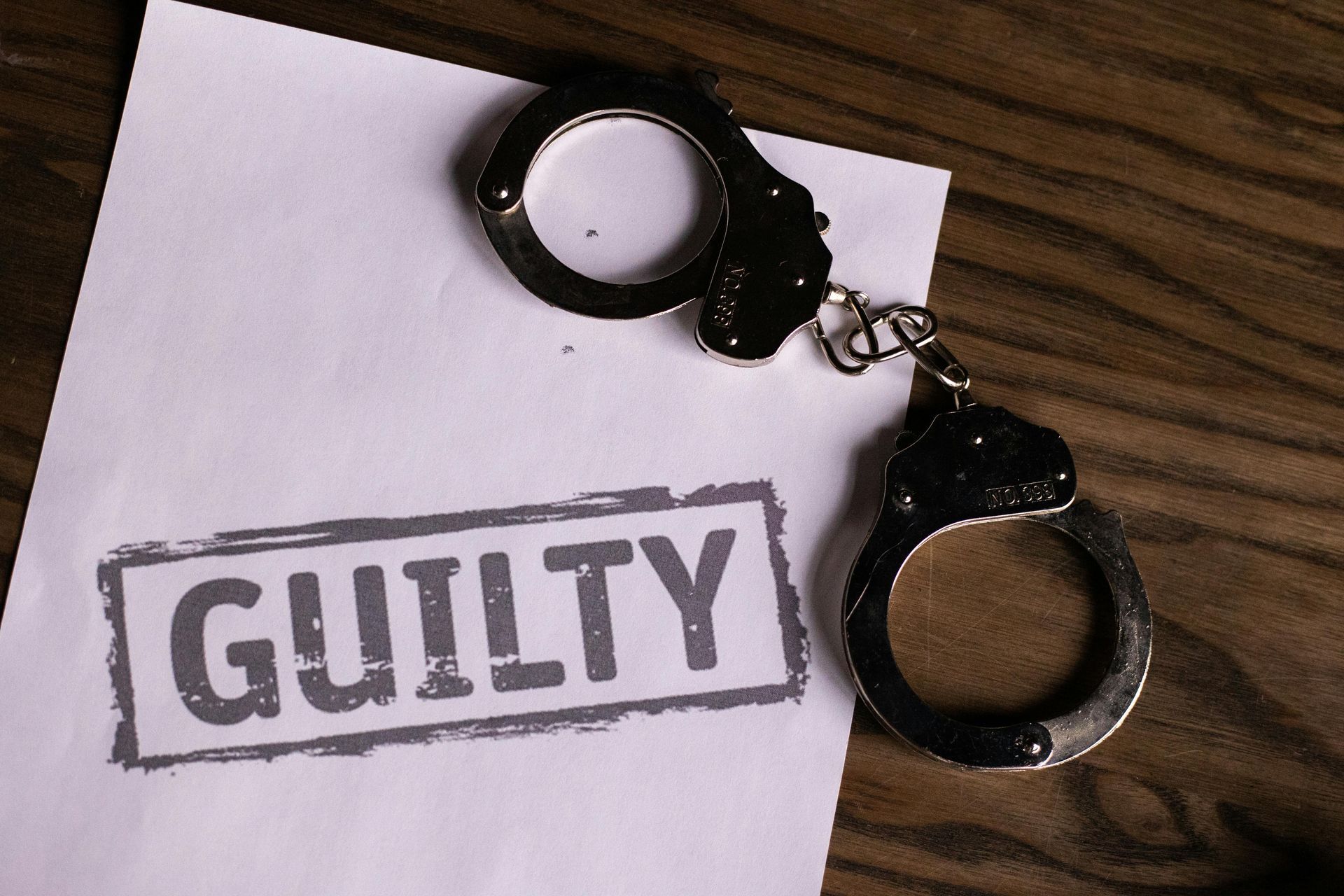Understanding the Mediation Process: Key Insights
Mediation: What to Expect and How to Prepare

Navigating the legal landscape can be daunting. Especially when you're facing mediation for the first time.
Understanding what to expect at mediation can ease your worries. It can also equip you with the knowledge to navigate the process effectively.
This article aims to demystify the mediation process. We'll provide key insights and practical mediation tips to help you prepare.
We'll delve into the role of the mediator and the dynamics of a mediation session. We'll also explore what to expect at a civil lawsuit mediation specifically.
Whether you're a party to a dispute, a legal professional, or simply curious, this article is for you.
So, let's embark on this journey to understand the mediation process and what to expect at a civil lawsuit mediation.
What is Mediation?
Mediation is a voluntary process aimed at resolving disputes amicably. In this setting, a neutral third party, known as a mediator, assists in guiding discussions. Unlike a judge, the mediator does not impose decisions, allowing parties to craft their own outcomes.
The process is confidential, fostering open dialogue without the fear of external repercussions. It's a less formal and often quicker alternative to a court trial, making it appealing to those seeking cost-effective solutions. Mediation emphasizes collaboration over confrontation, focusing on mutual interests and creating win-win scenarios for all parties involved.
The Role of the Mediator
The mediator plays a crucial role in facilitating communication between parties. Their main function is to encourage constructive dialogue and ensure everyone has a fair chance to voice their concerns. They remain impartial, focusing on guiding the process rather than influencing the outcome.
A mediator helps by clarifying misunderstandings and identifying the core issues at stake. They may suggest creative solutions that parties hadn't considered. Their goal is to assist in moving discussions forward, hoping the parties reach a consensus. This unique position allows mediators to foster a collaborative environment conducive to finding mutually beneficial solutions.
Mediation Tips
Preparation is key to a successful mediation. Before the session, parties should gather all relevant documents. This includes contracts, correspondence, and any evidence supporting their positions.
Understanding legal rights and obligations is also crucial. Parties should consult with legal counsel to ensure they are informed. This knowledge provides a solid foundation for negotiating effectively.
Additionally, setting clear goals and interests helps focus the mediation process. Knowing what you aim to achieve can make discussions more productive. It's essential to prioritize issues to know what matters most.
To prepare effectively, consider these steps:
- Gathering documents: Compile all necessary paperwork.
- Understanding legal rights: Seek legal advice if needed.
- Setting goals and interests: Identify priorities and desired outcomes.
Approaching mediation with a well-prepared mindset increases the likelihood of a favorable resolution. It empowers individuals to navigate the process with confidence and clarity.
The Mediation Session Explained
During mediation, expect a structured yet flexible process. It begins with opening statements and proceeds through joint discussions. This setup helps clarify issues and explore solutions.
The session varies based on the mediator's style and the parties' needs. It can include private meetings and group discussions. Each component serves a unique purpose, facilitating communication.
Respectful engagement and cooperation are critical throughout. This involves listening to others' perspectives without interruption. Such an approach fosters trust and mutual understanding.
The mediator plays a pivotal role, ensuring fairness and keeping the dialogue on track. They guide discussions, asking questions to uncover underlying interests. Their goal is to help all parties find common ground.
Confidentiality allows open dialogue. Participants can speak freely, knowing their words won't be used in court. This environment encourages honesty and creativity in problem-solving.
A successful mediation demands flexibility and patience. Participants should be ready to adapt strategies and consider new ideas. This openness can lead to mutually beneficial solutions.
Opening Statements
The mediation session typically starts with opening statements. These statements set the tone and outline expectations. They help clarify each party's positions and goals.
The mediator's opening statement provides an overview of the process. It explains the rules and introduces the mediator's role. This introduction helps set the stage for constructive discussions.
Joint Sessions and Private Caucuses
Joint sessions involve all parties in a single discussion. They provide an opportunity for direct communication. These sessions foster understanding and transparency.
In contrast, private caucuses are one-on-one meetings with the mediator. They offer a confidential space to express concerns. These meetings can help parties regroup and strategize.
Both formats are valuable. They allow parties to explore different facets of the dispute. The mediator coordinates these sessions to maximize effectiveness.
Negotiation and Problem-Solving
Negotiation lies at the heart of mediation. Parties engage in dialogue to explore solutions. This process requires careful consideration and compromise.
Effective problem-solving involves understanding the core issues. It helps to brainstorm options collaboratively. Creativity can lead to innovative solutions tailored to the dispute.
The mediator aids in this process. They guide the discussion and suggest potential solutions. Their goal is to help parties reach a voluntary and mutually acceptable agreement.
Mediation Tips for Success
Approaching mediation requires a strategic mindset. Preparation and the right attitude can significantly impact the outcome. Consider these essential tips for navigating the process effectively.
Active listening is vital during mediation. It involves paying close attention to what others say. This practice helps build understanding and fosters effective communication.
Flexibility and a willingness to compromise can lead to fruitful discussions. Be open to adjusting your approach. Consider new perspectives and solutions throughout the dialogue.
Emotional preparedness is crucial. Mediation can be emotionally charged, so managing your emotions is essential. Preparing mentally can help you stay focused and calm under pressure.
Here are some key tips to enhance your mediation experience:
- Active listening: Focus on understanding, not just hearing.
- Flexibility and compromise: Be open to alternative solutions.
- Emotional preparedness: Manage stress and remain composed.
By implementing these strategies, you can increase the likelihood of a successful mediation. They lay the foundation for constructive conversations and positive outcomes. Remember, effective mediation depends on the participants' commitment and cooperation.
What to Expect at a Civil Lawsuit Mediation
Civil lawsuit mediation offers a less formal approach to resolving disputes. Unlike court, it encourages collaboration rather than confrontation. The focus is on finding common ground between parties.
Expect the mediator to guide discussions, helping clarify positions. While the mediator does not decide the outcome, they facilitate constructive dialogue. Parties present their perspectives, aiming for mutual understanding and agreement.
After the Mediation: Agreements and Outcomes
Once mediation concludes, the focus shifts to the agreements made. If the parties reach consensus, they formalize the terms in a written settlement. This document is crucial, as it outlines the obligations and rights agreed upon.
Review the settlement agreement thoroughly before signing. It's essential that each party understands the implications, both legally and practically. Legal counsel can provide clarity on any complex terms or conditions.
Even if no agreement is reached, the mediation process offers valuable insights. It can clarify positions and foster better communication between parties. Ultimately, mediation is about enhancing understanding and exploring potential solutions.
Embracing the Mediation Journey
Mediation offers a unique opportunity for conflict resolution. It empowers parties to control outcomes in a cooperative environment. Approaching it with an open mind enhances the chances of success.
Preparation and patience are vital. By setting realistic expectations, participants can navigate the process more effectively. Mediation can lead to solutions that benefit all involved.
Indiana Civil Lawsuit Attorney
For personalized assistance and expert legal advice, contact the
Law Office of Mark Nicholson
at 317-219-3402.
Office Address
DISCLAIMER: Everything displayed on this site shall be regarded as general advertising and educational information and in no way should it be interpreted as legal advice. This does not create an attorney-client relationship. You should contact an attorney directly regarding your own situation. An attorney-client relationship will only be established after you hire us and we have established that there is no conflict of interest.
Mailing Address
9702 E. Washington Street, Suite 171
Indianapolis, IN 46229
©Law Office of Mark Nicholson. All Rights Reserved.



















